Search
Search Results

Video
Courtly Love in the High Middle Ages
Courtly Love is a literary genre of poetry that began in the south of France in the 12th century during the period known as the High Middle Ages. In this new genre of poetry, motifs were established that are still commonly used today in the...
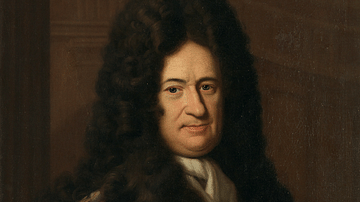
Definition
Gottfried Wilhelm Leibniz
Gottfried Wilhelm Leibniz (1646-1716) was a German polymath who became well-known across Europe for his work, particularly in the fields of science, mathematics, and philosophy. Leibniz's rationalist philosophy attempted to reconcile traditional...
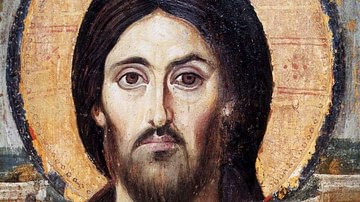
Definition
Jesus Christ
Jesus Christ is the designation of Jesus of Nazareth (d. c. 30 CE), who was an itinerant Jewish prophet from the Galilee in northern Israel. He preached the imminent intervention in human affairs by the God of the Jews, when God would establish...
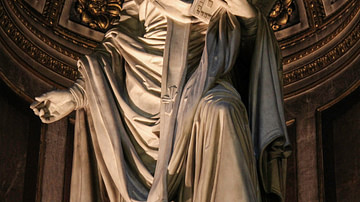
Definition
Augustine of Hippo
Aurelius Augustinus Hipponensis (354-430), better known as Augustine of Hippo, is extolled as the greatest of the Christian Church Fathers. More than any other writer, he developed what would become known as systematic theology, or an explanation...
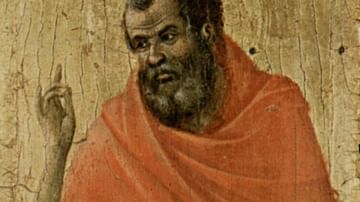
Definition
Hosea
Hosea is listed as the first of the twelve minor prophets in the Hebrew Bible. He was active in the 8th century BCE and his ministry extended over 60 years, from King Jeroboam II (787-747 BCE) to King Hoseah (731-722 BCE). He was one of the...
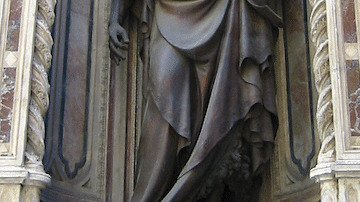
Definition
John the Baptist
John the Baptist (d. c. 30 CE) was a 1st-century CE itinerant preacher in Judea. We do not know his full name, but he is recognized by his activity. 'Baptizer' (Greek: baptizo) was translated directly into English and meant 'to immerse' or...
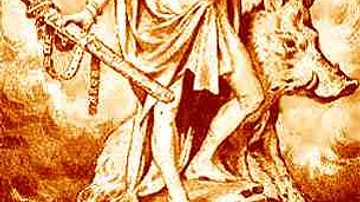
Definition
Freyr
Freyr (Old Norse for 'Lord', sometimes anglicised as Frey) is the main fertility god in Norse mythology, his connection with harvests, sun and rain, virility, weddings, and his rule over wealth securing him an important position within the...
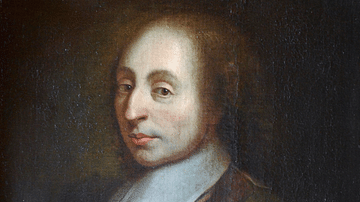
Definition
Blaise Pascal
Blaise Pascal (1623-1662) was a French scientist, mathematician, and philosopher whose work influenced both the Scientific Revolution and later European thought. Pascal is known for his practical achievements in science, such as a calculating...
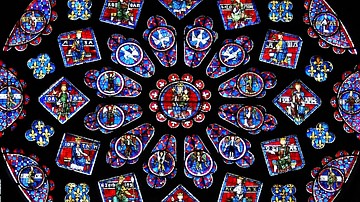
Article
The Stained Glass Windows of Chartres Cathedral
The 167 stained glass windows of Chartres Cathedral, built 1190-1220 CE, are the most complete group surviving anywhere from the Middle Ages. Several windows date to the mid-12th century CE while over 150 survive from the early 13th century...
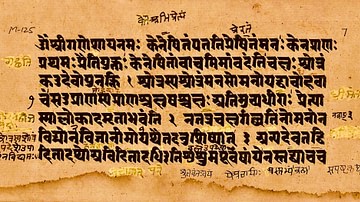
Article
Upanishads: Summary & Commentary
The Upanishads are among the best-known philosophical-religious works in the world and also among the oldest as the earliest texts are thought to have been composed between 800-500 BCE. These works are philosophical dialogues relating to...